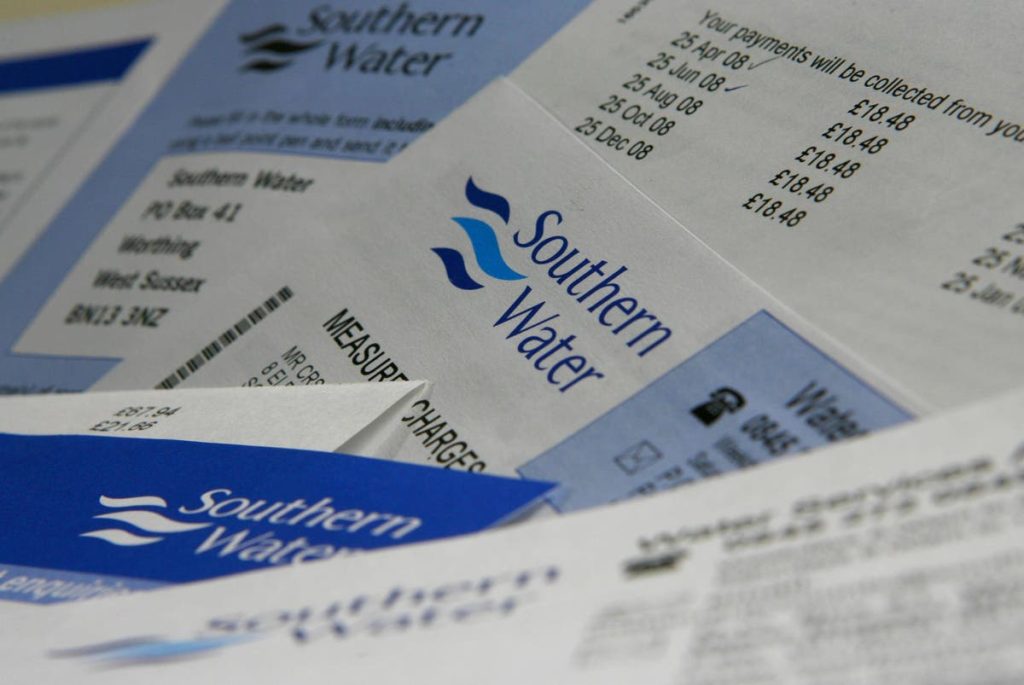Water firms are again seeking to increase their charges, with some proposing hikes as high as 84%.
This move comes amidst their push to improve network infrastructure and meet elevated energy costs.
Several water companies are advocating for substantial bill increases over the next five years. These firms, including Thames Water, argue that these hikes are necessary to finance essential network upgrades, which they claim have suffered from years of underinvestment. Additionally, the rising charges are intended to cover escalating energy costs, crucial for water pumping and sewage treatment.
Thames Water is particularly under scrutiny due to its fragile financial state, highlighted by a substantial £15 billion debt burden. The company is currently negotiating with its creditors to navigate its financial difficulties.
Frequent sewage discharges into UK water bodies have led to significant health and safety concerns, prompting beach closures and warnings against swimming at numerous sites due to deteriorating water quality.
Government officials have dismissed the possibility, citing the substantial costs involved and indicating that alternative measures are being considered to address the sector’s shortcomings.
The regulator, Ofwat, is expected to make its decision on the companies’ pricing proposals by December 2024, determining whether these substantial increases will be sanctioned.
Stakeholders and consumer advocates are voicing concerns about affordability and the justification of these proposed hikes.
While final decisions are pending, water companies are preparing for potential changes in their operational models to accommodate any regulatory outcomes.
The outcome of the proposed hikes will set a precedent for the industry, balancing infrastructure investment and consumer protection.
As stakeholders await Ofwat’s decision, the focus remains on sustainable water management practices.

